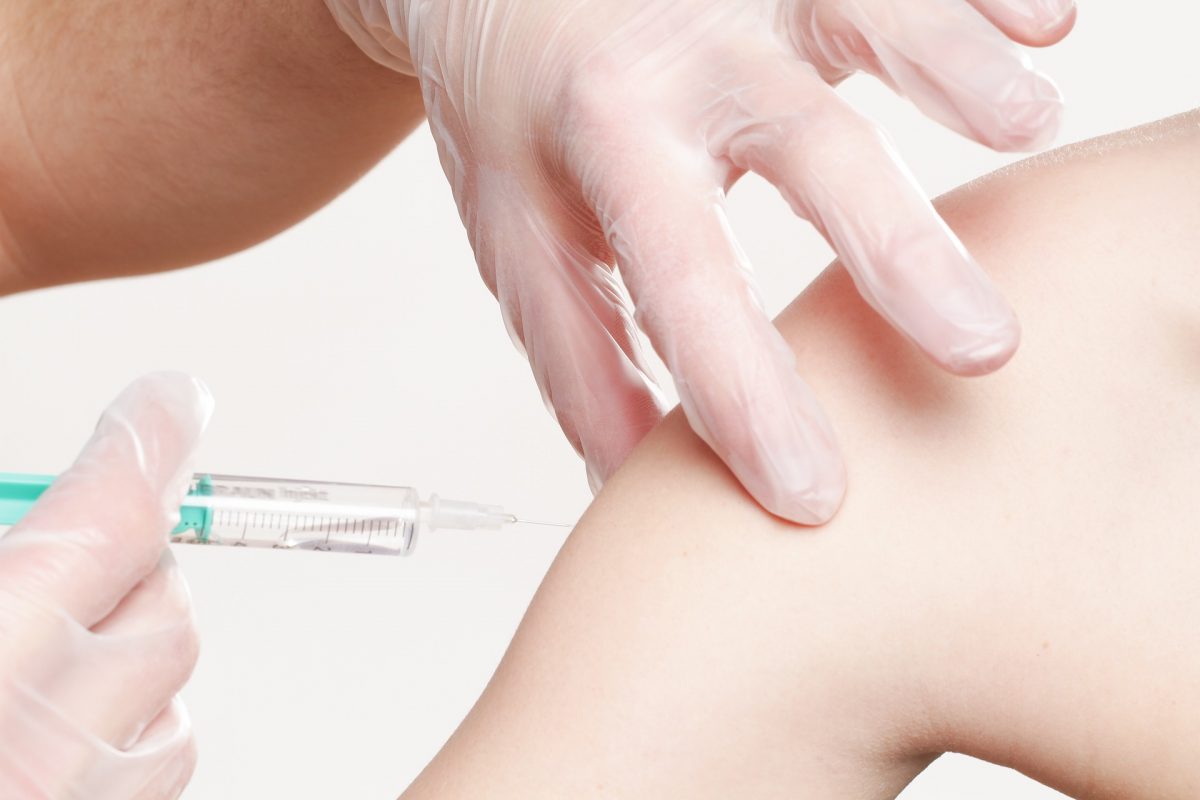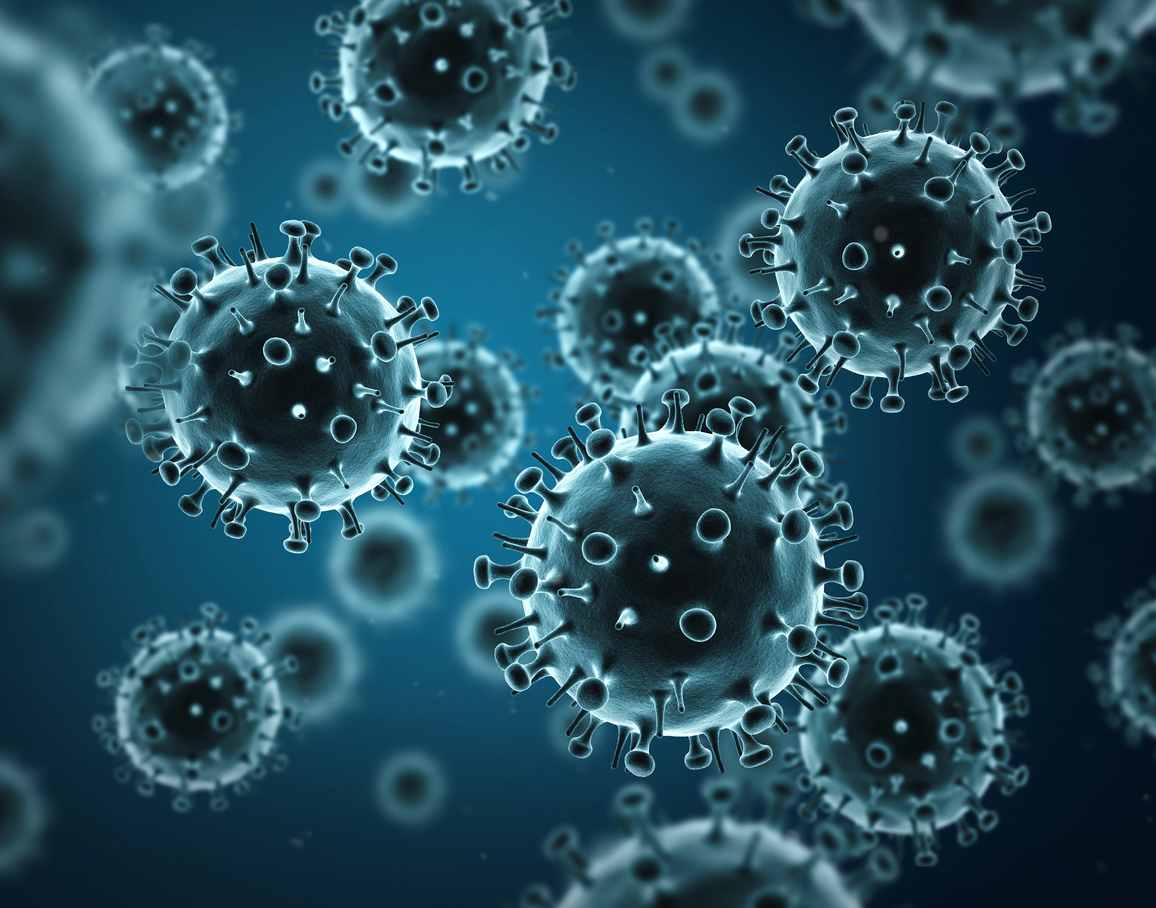This website uses cookies so that we can provide you with the best user experience possible. Cookie information is stored in your browser and performs functions such as recognising you when you return to our website and helping our team to understand which sections of the website you find most interesting and useful.

Vaccines
Injection of a killed microbe or virus in order to stimulate the immune system against the microbe, thereby preventing disease. Vaccinations, or immunizations, work by stimulating the immune system, the natural disease-fighting system of the body. The healthy immune system is able to recognize invading bacteria and viruses and produce substances (antibodies) to destroy or disable them. Immunizations prepare the immune system to ward off a disease. To immunize against viral diseases, the virus used in the vaccine has been weakened or killed. To only immunize against bacterial diseases, it is generally possible to use a small portion of the dead bacteria to stimulate the formation of antibodies against the whole bacteria. In addition to the initial immunization process, it has been found that the effectiveness of immunizations can be improved by periodic repeat injections or "boosters."
What are vaccine-preventable diseases?
Vaccine-preventable diseases are those diseases for which there is a shot that helps the immune system prepare for an infection. A person develops immunity after he or she has received a vaccine and responded to it. When a vaccinated person is exposed to a virus (for example, hepatitis B) or bacteria (for example, diphtheria), his or her body is able to destroy the virus or bacteria and prevent the disease. No vaccine is perfect, and some people who receive a vaccine can still get the disease. This is why it is important for everyone to get the vaccine. This gives the community what experts call "herd" immunity and means that, basically, there are very few people who could serve as a reservoir for the disease. Herd immunity prevents severe outbreaks of diseases.
Reference:
https://www.medicinenet.com/script/main/art.asp?articlekey=5925










